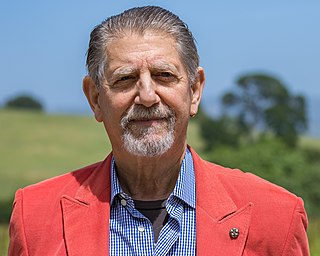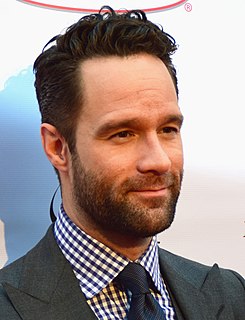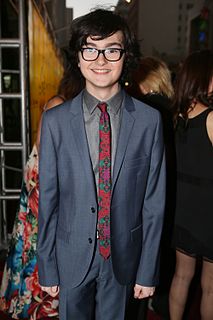A Quote by Bernadine Dohrn
Related Quotes
I know some African-Americans, they happen to be conservative, they're successful. They, of course, have raised their kids, and kids can't escape in school the history of slavery and all of the horrible things that happened in the past. But they weren't raised that way, and they are not raising their kids to be imprisoned by that. They're raising them to be the best they can be today, to take advantage of the opportunity that exists today.
The banker, therefore, is not so much primarily a middleman in the commodity "purchasing power" as a producer of this commodity. However, since all reserve funds and savings today usually flow to him, and the total demand for free purchasing power, whether existing or to be created, concentrates on him, he has either replaced private capitalists or become their agent; he has himself become the capitalist par excellence.
In reality, every single negotiation involves another commodity that's far more important to us, which is time - minutes, hours, our investment in time. So even if you're talking about dollars, the commodity of time is always there because there has to be a discussion about how the commodity of dollars is moved.
How do you make your kids read more? It needs to be presented as a joy and a privilege to get to do it, and the kids should get to see you as a parent reading for your own pleasure. It's not something you send your kids off to do, 'Go into your room and read for 15 minutes or else.' It becomes a task then.



































